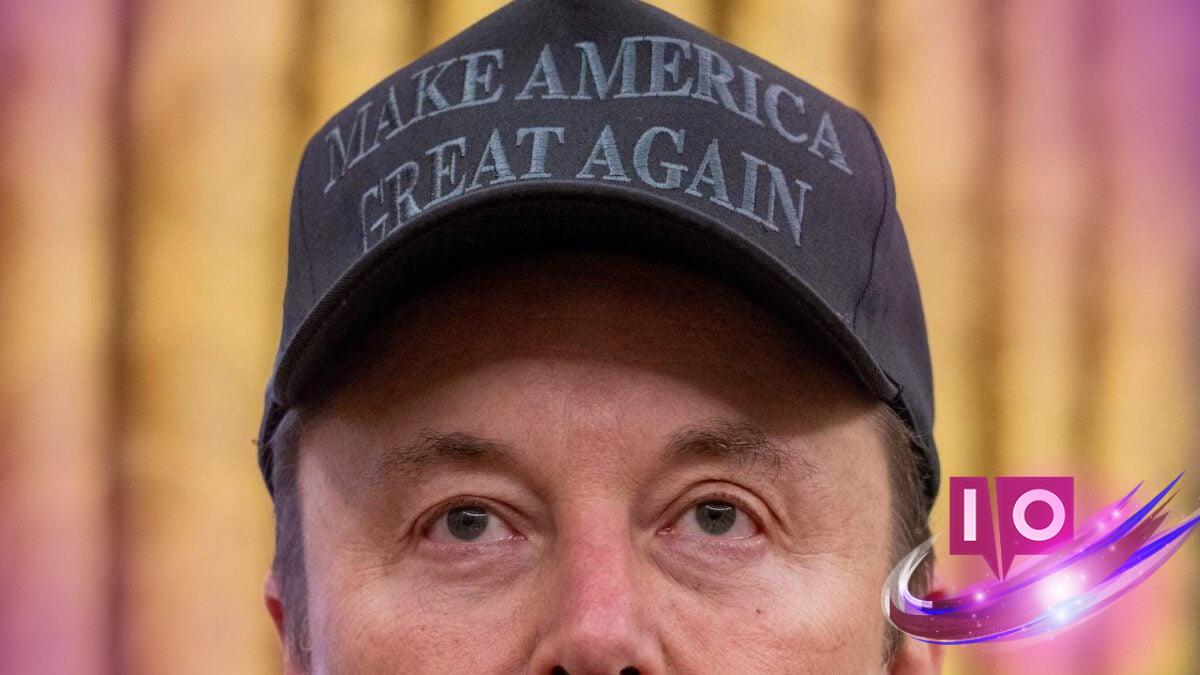Elon Musk’s xAI is experiencing a significant churn among its top executives, sparking interest and speculation about the underlying reasons. Recent insights from the Wall Street Journal suggest that internal disagreements related to management styles and financial projections may be driving this turnover.
Among the high-profile exits is Mike Liberatore, the former chief financial officer, who left after just three months with the company. A few days ago, it was reported that he has joined OpenAI, Musk’s notable competitor, adding another layer to the narrative of rivalry in the tech world.
Additionally, Robert Keele, xAI’s general counsel, exited in August after a little over a year, citing the joys of family life while alluding to divergences in viewpoints. Former CEO Linda Yaccarino also departed in July, after two years of leadership, expressing gratitude for the opportunity but acknowledging her differences with Musk’s vision.
Why Are Executives Leaving xAI?
So, what could be causing such a string of departures? According to the reports, several executives voiced concerns about the management style of Musk’s close aides, Jared Birchall and John Hering. These advisers handle the daily operations, and their approach has left some feeling unsettled.
Executives reportedly expressed worries regarding the feasibility of the company’s financial forecasts. In fact, they felt there was uncertainty about who was truly in command within the company. The atmosphere has raised eyebrows, prompting speculation about the stability of xAI.
Insights from Musk’s Close Advisors
Jared Birchall is often recognized as Musk’s right-hand man, overseeing various aspects of his ventures, including Neuralink and Excession. His dual roles undoubtedly put added pressure on his leadership at xAI.
Despite the turmoil, Alex Spiro, Musk’s attorney, has downplayed the narrative of conflict, asserting that the company’s financials are sound and calling any allegations of impropriety “false and defamatory.” Meanwhile, Musk’s spokesperson emphasized his commitment to leading xAI toward advancements in artificial intelligence for humanity’s benefit.
The Competitive Landscape of AI
The race for AI dominance has intensified, impacting employee retention across the industry. Companies like Meta are aggressively recruiting AI talent, sometimes with mind-boggling salaries. Yet, they too are facing challenges, as indicated by low retention rates compared to rivals like Anthropic.
Moreover, personal tensions within the industry complicate the situation further. Musk’s ongoing legal disputes with OpenAI’s Sam Altman highlight the rivalry driving both firms to fortify their positions, even as legal fees climb. xAI itself has recently initiated legal action against a former engineer who jumped to OpenAI, alleging theft of trade secrets.
What Do Analysts Predict for xAI’s Future?
Given the ongoing shifts within xAI, market analysts are keenly observing how these changes will alter the company’s trajectory. The AI sector is known for its volatile nature, and many are left wondering if xAI can maintain competitiveness amid these upheavals.
Is xAI still a leading player in the AI industry? While the turnover of executives raises questions, the commitment of Musk and his team to innovation remains a strong indicator of future potential.
As the tech landscape continues to evolve, both established players and newcomers will need to adapt quickly. The story of xAI serves as a reminder that leadership dynamics can significantly influence a company’s success.
What are the implications of frequent executive changes at xAI? Frequent leadership shifts can disrupt company culture and strategic direction, leading to uncertainty among employees and stakeholders. Clear communication and a stable management structure are essential for retention and growth.
Could this shakeup create opportunities for competitors? Absolutely, as xAI’s rivals may now capitalize on any vulnerabilities created by this turnover, offering a chance to attract top talent disenchanted with instability in Musk’s organization.
What are some key factors influencing executive decisions in tech firms like xAI? Factors often include company culture, alignment with leadership vision, compensation, and the overall stability of the firm’s financial forecasts.
The landscape of the tech industry is constantly shifting, and the developments at xAI are just one piece of a larger puzzle. If you’re curious about the latest trends and insights in the world of technology, explore more on Moyens I/O.
